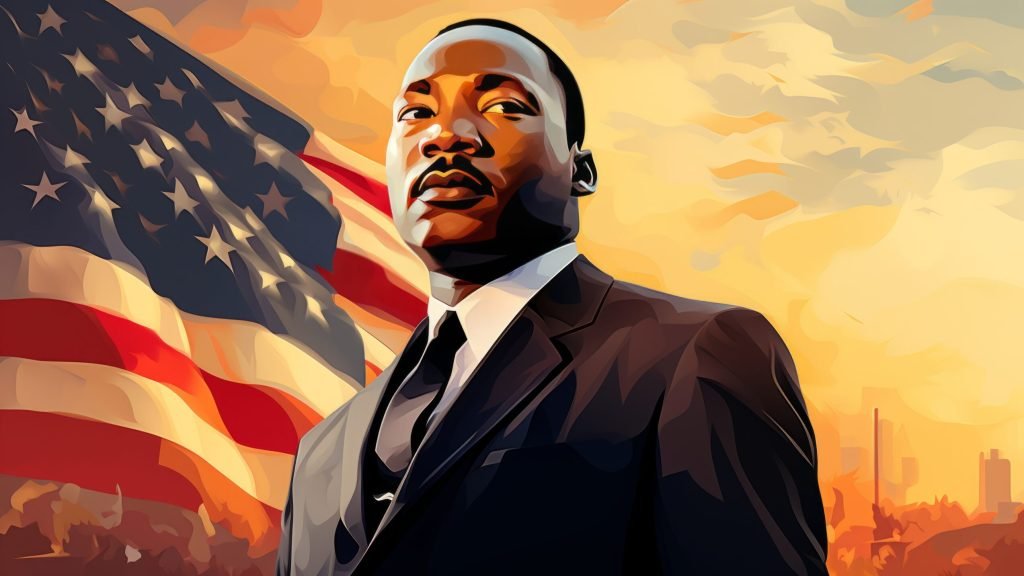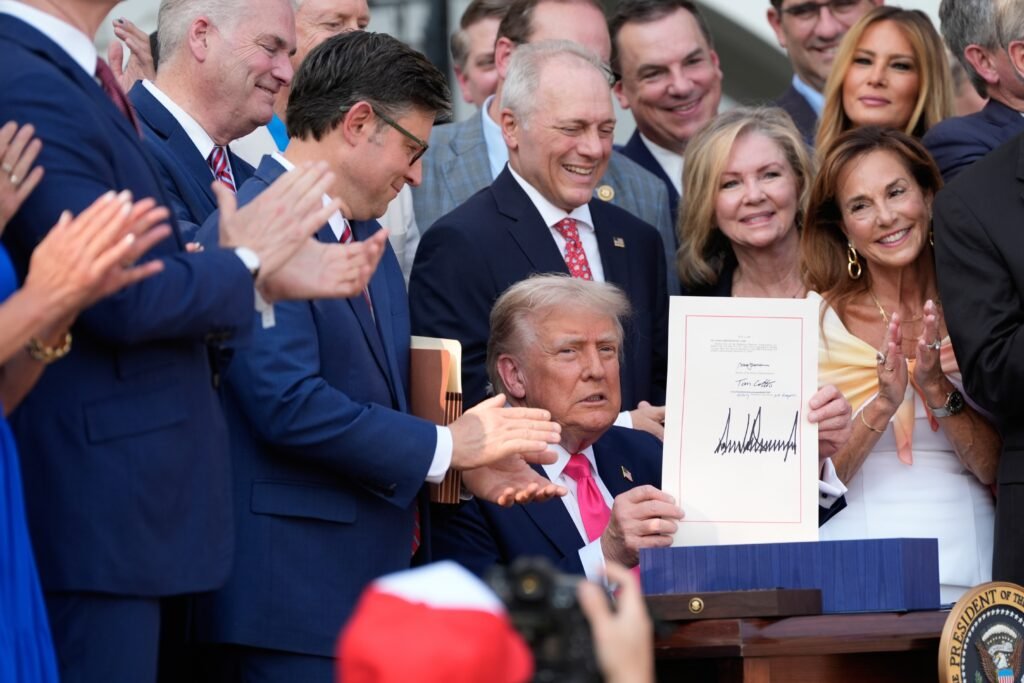Today, as our nation mourns Dr. Martin Luther King Jr., we once again find ourselves at a crossroads in Alabama, a state with a rich history and deep ties to the struggle for racial justice. I noticed.
This Day of Remembrance is overshadowed by the actions of political leaders in red states who seek to erase important parts of our history, especially those relating to Black Americans. Their attempts to ban books on black history from public libraries and stop teaching black history in schools from grade school to college whitewash the sins of slavery and expose a painful but vital part of slavery. It represents a painful effort to deny its existence. our past.
This regressive mindset is not limited to racial issues, but extends to gender, identity, and LGBTQ concerns, and is often used as an excuse for the same old motivations of domination and oppression of the “other.” Such actions not only trivialize the struggles of the past, they also threaten the progress we have made toward a more inclusive society. We live in a country with equal rights, but that doesn't mean all rights are equal.
On MLK Jr. Day, it is important to revisit the legacy of the nonviolent movement championed by Dr. King. His commitment to peace and justice was demonstrated at a critical moment in the Montgomery bus boycott.
On January 30, 1956, Dr. King's home was incendiary bombed, putting his wife Coretta Scott King and young daughter Yolanda in danger. Miraculously they were unharmed. That night, armed and enraged blacks gathered outside his house, ready to retaliate. Dr. King advocated peace and exemplified a philosophy of nonviolence in the face of personal attacks, urging them to lay down their weapons and disperse peacefully.
This event marked a pivotal moment in the civil rights movement and set the tone for nonviolent resistance. The civil disobedience practiced by Martin Luther King Jr. and his followers did not mean anarchy or arbitrary lawbreaking. It was a strategic and symbolic opposition to unjust laws based on an appeal to higher moral principles. It was about challenging immoral systems while upholding a commitment to peace and justice.
Nonviolent movements include the Montgomery bus boycott sparked by Rosa Parks' refusal to give up her seat on a bus, segregated lunch counter sit-ins, and the Freedom Rides against racial discrimination in interstate travel. , saw some significant action, including the Birmingham Campaign Against Racism. , where peaceful demonstrators were met with violence. The March on Washington and Mississippi Freedom Summer focused on voting rights and culminated in the Selma march, a stark reminder of widespread racial injustice.
Perhaps one of the most shocking moments was the Children's Crusade in Birmingham, where schoolchildren faced police brutality, sparking national outrage and changing the course of public opinion.
The National Civil Rights Museum eloquently summarizes Dr. King's legacy. “Dr. Martin Luther King Jr.'s legacy includes influential decisions, monumental actions, and the steady advancement of humanitarian rights far beyond the civil rights movement.”
Within the strong fabric of our nation's history, woven with threads of equality and justice, there remains a deep disconnect between ideals and reality. Although our country is proud to be founded on the principle of equal rights for all, we have had a checkered journey in actually observing and respecting these rights. This gap between principles and practice is now a pressing concern. Recent legislative actions aimed at marginalizing certain groups and favoring others serve as a stark reminder that the fight for justice is far from over.
The Edmund Pettus Bridge, the scene of bloodshed and courage during the Selma to Montgomery march, bears one of Dr. A commemorative plaque has been erected to immortalize the phrase,
These words are not just rhetoric. They embody the eternal hope of oppressed people everywhere. They insist that despite the long and difficult journey, the pursuit of equality and justice, supported by perseverance and courage, will ultimately prevail.
But this pursuit is not the sole responsibility of iconic leaders or monumental movements. The daily efforts of every man and woman give it strength.
As we navigate these difficult times, let us draw inspiration from the past while remaining firmly aware of our role in the present. The fight for justice is not a relic of history, but an ongoing struggle that requires our active participation.
In this quest, each of us, in our own way, is called upon to contribute to transforming the moral world towards justice. By working together, we can look forward to a world in which the principles of equality and justice are not just lofty ideals, but reality for all.







